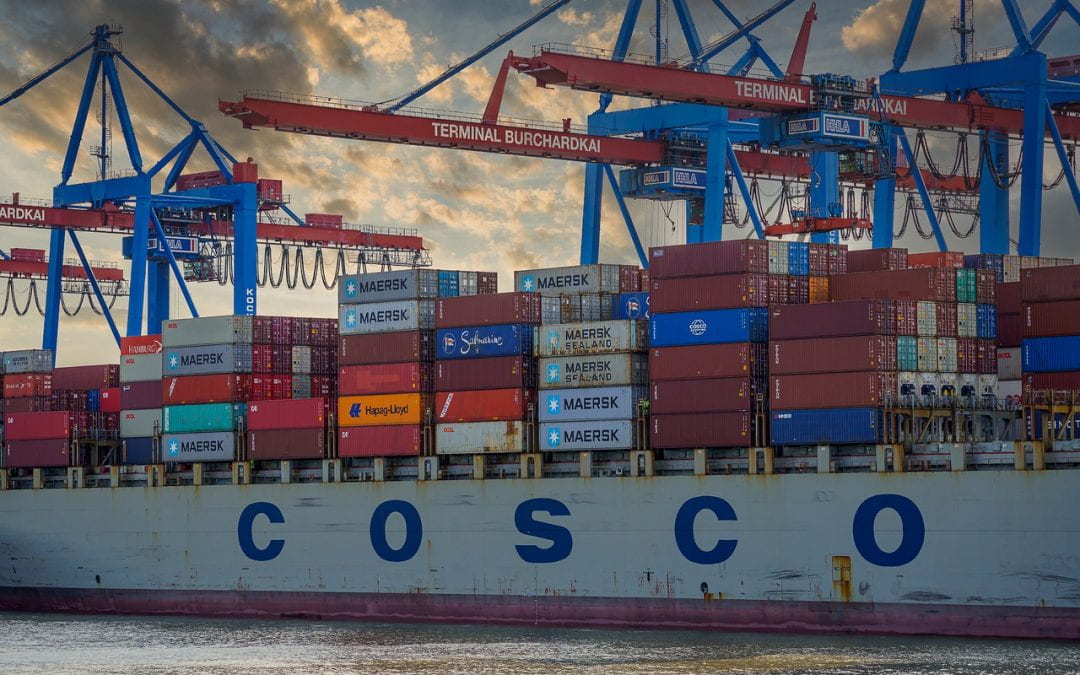There is a groan that can be heard from every consumer industry right now: “The supply chain is a mess.”
This panic especially rings true as the publishing world prepares itself for the upcoming holiday season with many companies left scrambling as their frontlist titles, meant to be finding their way onto shelves and under trees, sit packed away on cargo ships in the middle of the ocean. There isn’t any one particular reason behind the supply chain dilemma, but rather a series of problem dominoes, one issue knocking the rest off-balance. Increased demand for books following the pandemic has left paper manufacturers and printers around the world struggling to keep up, saying, “Oh, did we say April? Sorry, we meant July.” Some publishers have even resorted to sacrificing their budgets or faithful partnerships, seeking printers in other countries with the prayer of staying on schedule.
So why not print domestically, then, if budgets are being tossed out windows? Another effect of the COVID-19 pandemic has been increased labor shortages—a problem which already existed, now exacerbated to an overwhelming degree. With the labor shortages comes transportation shortages. Say that a publisher does manage to make a deal with an international printer, why are books still stuck on boats? Cargo ships from every industry struggle to dock due to congestion in the harbors. Why are boats stuck in harbors? There aren’t enough trucks to unload boats and carry out deliveries because there aren’t enough truck drivers. So, when rushing to make new decisions, does printing domestically make that much of a difference compared to traditional international printing when delivery trucks arrive late either way?
As it is, it is unlikely readers will be affected more than by inconveniences. Kristen McLean, primary industry analyst for NPD BookScan weighed in on the topic, saying, “Publishers are going to be hurt by this. Authors are going to be hurt by this. Distributors are struggling. But consumers, not so much. Consumers by and large will go and pick a different book if the book they want is not there in person.”
For readers, if you plan on ordering books online for the holidays, you might be too late, but there are other ways to support your favorite author during this time, from pre-ordering upcoming releases to picking up backlist titles that stores do have in stock. This especially helps smaller and debut authors who will not be prioritized over bestseller veterans by publishers as a means to salvage upcoming profits.
It will be interesting to see how far into the new year the supply chain pile up will continue to affect the industry. Hopefully publishers will manage a stray moment of peace away from the office this holiday.

